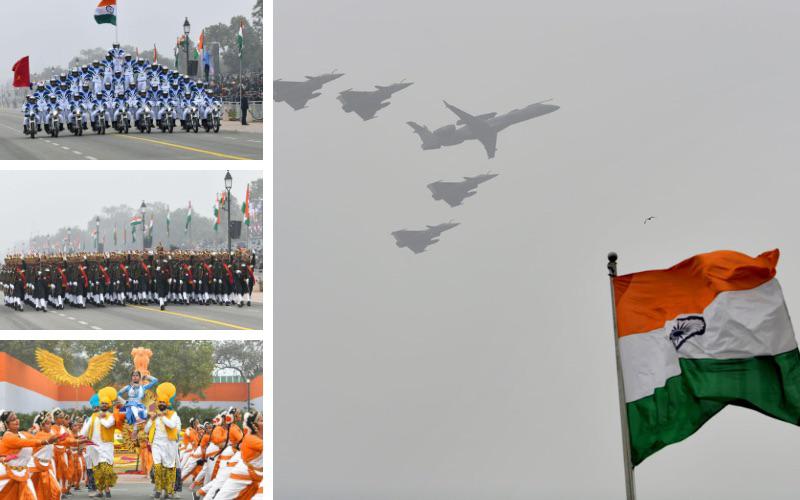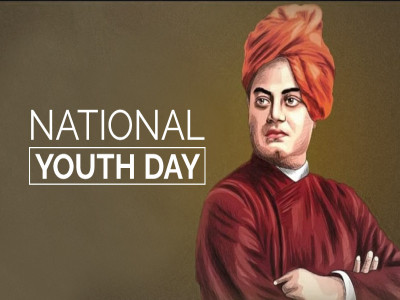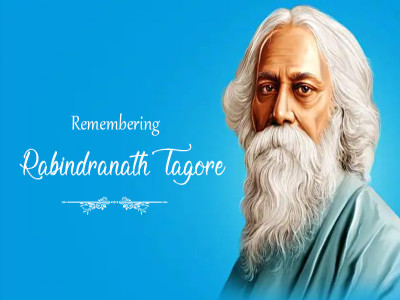
Difference between Republic Day and Independence Day of India
India is the seventh-largest nation in the world and is home to one of the world's oldest civilizations, a diverse range of traditions, and a rich cultural heritage.
Although India gained its independence on August 15, 1947, it was not until January 26, 1950, that the country officially adopted the Indian Constitution, which has maintained its countrymen and women as united and protected to this date. This article will highlight the brief history of why January 26 is marked as one of the most historic and celebrated days in India and how it is significantly different from the Independence Day of India celebrated on the 15th of August every year.
Independence Day of India: 15 August
The Independence Day of India, which is a national holiday celebrated religiously throughout the Country on the 15th of August every year, marks the end of the British reign in 1947 and the establishment of a free and independent Indian nation. Additionally, it commemorates the anniversary of the division of India and Pakistan, which took place at the stroke of midnight on August 14–15, 1947.
Brief History:
Following their victory at the Battle of Plassey (the turning point of modern Indian history), the British Empire established their dominion over India in 1757; before that, the English East India Company came and settled in India only for trading purposes. After the Indian Mutiny in 1857–1858, the East India Company administered India for 100 years before being supplanted by explicit British administration (commonly referred to as the British raj). The movement for Indian independence started during World War I.
India’s struggle for freedom from British rule of more than 200 years was spearheaded by Mahatma Gandhi with his non-violence freedom movement; who organised and led a series of nonviolent protests, Jawaharlal Nehru (Gandhi's follower & first Prime Minister of India), etc as well as several revolutionary freedom fighters who laid down their lives on the line for independence such as Bhagat Singh, Surya Kumar Sen, Chandra Shekhar Azad, Sukhdev Thapar etc.
Republic Day of India: 26 January
While India celebrates its Independence Day on August 15 when it earned freedom from British Rule, Republic Day commemorates the constitution of India coming into effect. Since 1950, January 26 has marked the day India’s Constitution came into effect. Although the Constitution was officially adopted by the Constituent Assembly on November 26, 1949, it was in fact drafted far earlier than the date chosen.
Brief History:
After India gained independence on 15 August 1947, a committee was established on August 29 with Dr. BR Ambedkar as its chairman to design a permanent constitution for the young nation. The committee drafted the constitution and presented it to the Constituent Assembly on November 4, 1947. The Assembly met for over two years in a series of sessions before successfully enacting the Constitution. After extensive deliberation and minor adjustments, the 308 members of the Assembly signed two handwritten versions of the accord on January 24, 1950, one in Hindi and one in English. Two days later, on January 26, 1950, the constitution went into force; ushering in the penultimate chapter of India's independence struggle, the aim of which was total liberation from British rule and the completion of India's transformation into a sovereign republic. After this, the country's governing document, the British colonial Government of India Act (1935), was replaced by the Constitution of India.
Despite the Constituent Assembly adopting the Constitution on November 26, 1949, it was decided to put it into effect on January 26, 1950, as it was on this day in 1929 that the Indian National Congress issued the Declaration of Indian Independence (Purna Swaraj), rejecting the British Regime's Dominion status.
Present Day Commemoration
India celebrated its 76th anniversary of Independence in 2022 and its 74th Republic Day in 2023. The commemoration of Republic Day and Independence Day each hold a significant place on the list of national holidays because they serve to remind us of the end of the British colonial era and the long and arduous struggle for freedom that resulted in the sacrifices of several valiant freedom fighters. The celebration marking the days of the beginning of the new era is observed across the country with flag-hoisting ceremonies, drills, and the singing of the Indian national anthem. Additionally, various cultural programmes are organised in the state capitals as well as the capital of India, New Delhi.
In this year's 74th Republic Day parade, 23 tableaux, from 17 states and Union Territories, and 6 from various ministries and departments rolled down the Kartavya Path, showcasing a diverse range of colourful culture representing India. This year emphasis was given on India's Naara Shakti (women power) and use of made in India products. To this effect, for the first time in history of India, the parade witnessed a contingent of women armed police battalion of CRPF at the parade. In the series of firsts, made-in-India weapons were also on display at the parade, and in a bid to do away with colonial vestiges, an indigenous 105 mm Indian Field Guns (IFG) offered the 21-gun salute to President Murmu.
Disclaimer: The opinions expressed in this article are those of the author's. They do not purport to reflect the opinions or views of The Critical Script or its editor.

Newsletter!!!
Subscribe to our weekly Newsletter and stay tuned.
















Related Comments